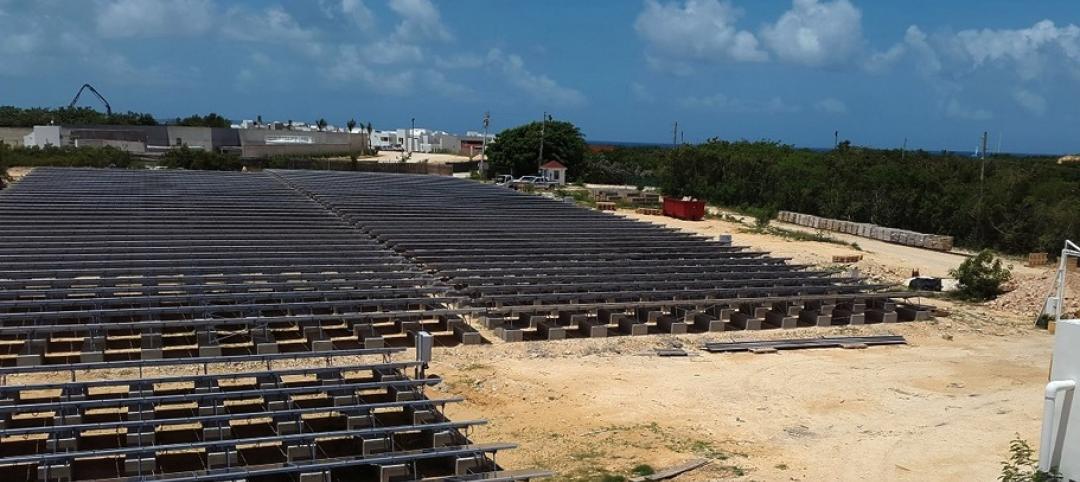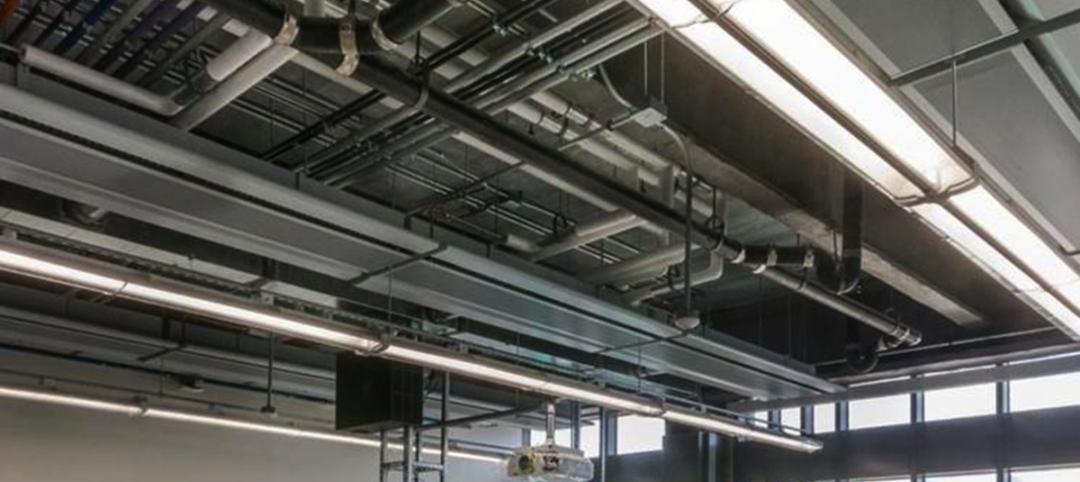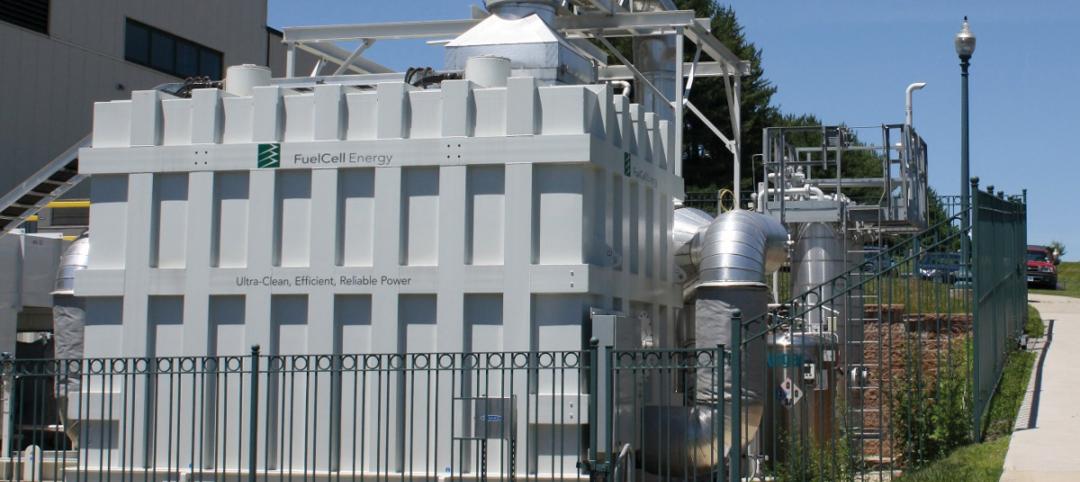The U.S. Green Building Council (USGBC), Green Business Certification Inc. (GBCI), and the International WELL Building Institute (IWBI) released a streamlined process for projects pursuing certifications for the LEED green building rating system and the WELL Building Standard.
The new protocol simplifies documentation for projects that are pursuing both certifications at the same time or that have already earned one certification and are looking to add the other. A new suite of tools and resources is available to applicants interested in pursuing LEED and WELL certifications, including:
- LEED + WELL Crosswalk: This tool shows how individual LEED credits map to specific WELL features and vice versa. As buildings are being designed, project teams can use the crosswalk to identify where LEED and WELL are aligned and which strategies and initiatives support both programs.
- LEED + WELL Submittal Form: This form is required for both LEED and WELL certification reviews. Project teams complete the form to identify which compliance paths are being utilized and communicate that information to the review team.
- LEED + WELL Streamlined Certification Process Guide: This document outlines the process, requirements, and implementation tools available to project teams.
“Improving human health has been a foundational component of LEED since its inception and is the goal of each of the 10 concepts within the WELL Building Standard,” said Peter Templeton, president and CEO of USGBC and GBCI. “By creating a streamlined process for LEED and WELL certification, we are encouraging every building owner and project team to adopt best practices that maximize benefits to occupant and community health.”
Related Stories
Green | Jun 29, 2015
Rick Fedrizzi to step down as USGBC’s Chief Executive next year
Fedrizzi will be leaving an organization that has grown to 76 chapters. The Washington, D.C.-based USGBC employs 260 people, and last year reported $74.1 million in revenue.
Green | Jun 26, 2015
Training center for electricians in L.A. focuses on net zero technologies
Construction has begun Los Angeles County on what is being called the nation’s largest Net Zero Plus retrofit of a commercial building.
Green | Jun 24, 2015
6 steps toward better water management [AIA course]
When it comes to water conservation, Building Teams tend to concentrate on water-efficient plumbing fixtures, irrigation controls, graywater capture, and ways to recycle condensate from air-conditioning systems. Yet many of the best opportunities for saving water begin with big-picture thinking in a project’s earliest phases.
Green | Jun 19, 2015
3 steps toward sustainable landscape architecture
A water-conscious, sustainable landscape is easily achievable, and the options for native and drought tolerant plants far exceed cacti and succulents, writes LPA's Richard Bienvenu.
Green | Jun 18, 2015
‘Solar water’ poised as global solution
Strapped with both water and energy crises, several island nations are investing in solar-powered water plants to attain more resilient water and power sources.
Lighting | Jun 17, 2015
LED lighting: Replaceable or disposable?
While first generation LED lighting fixtures were basically your standard incandescent or fluorescent housing retrofitted with LED light boards, manufacturers have now begun designing fixtures around the LEDs, writes SmithGroupJJR's Michael Nowicki.
High-rise Construction | Jun 15, 2015
Cornell Tech breaks ground on world's first Passive House residential high-rise
To achieve Passive House standards, Cornell Tech Residential will incorporate a number of sustainability-focused design elements. The façade, constructed of a prefabricated metal panel system, acts as a thermally insulated blanket wrapping the building structure.
Green | Jun 10, 2015
GBCI launches rating system for sustainable landscapes
The new SITES rating system can be applied to development projects located on sites with or without buildings, ranging from national parks to corporate campuses, streetscapes and homes, and much more.
Green | Jun 9, 2015
Fuel cell technology makes its way into energy generation
Demand for fuel cells, while modest, is growing, and cost savings are getting noticed.



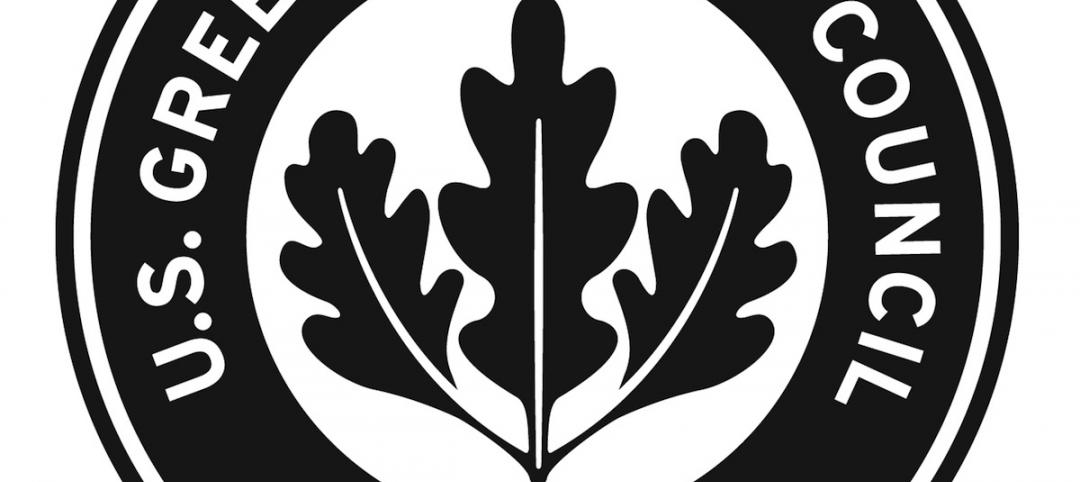
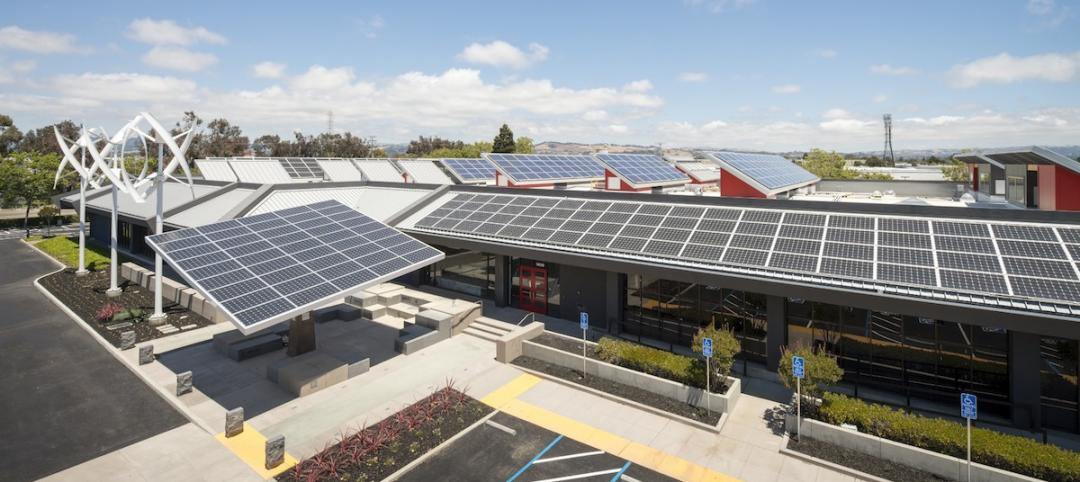
![6 steps toward better water management [AIA course] 6 steps toward better water management [AIA course]](/sites/default/files/styles/list_big/public/VanDusen513.026_grassfix_stairfix.jpg?itok=K8oOWak9)

